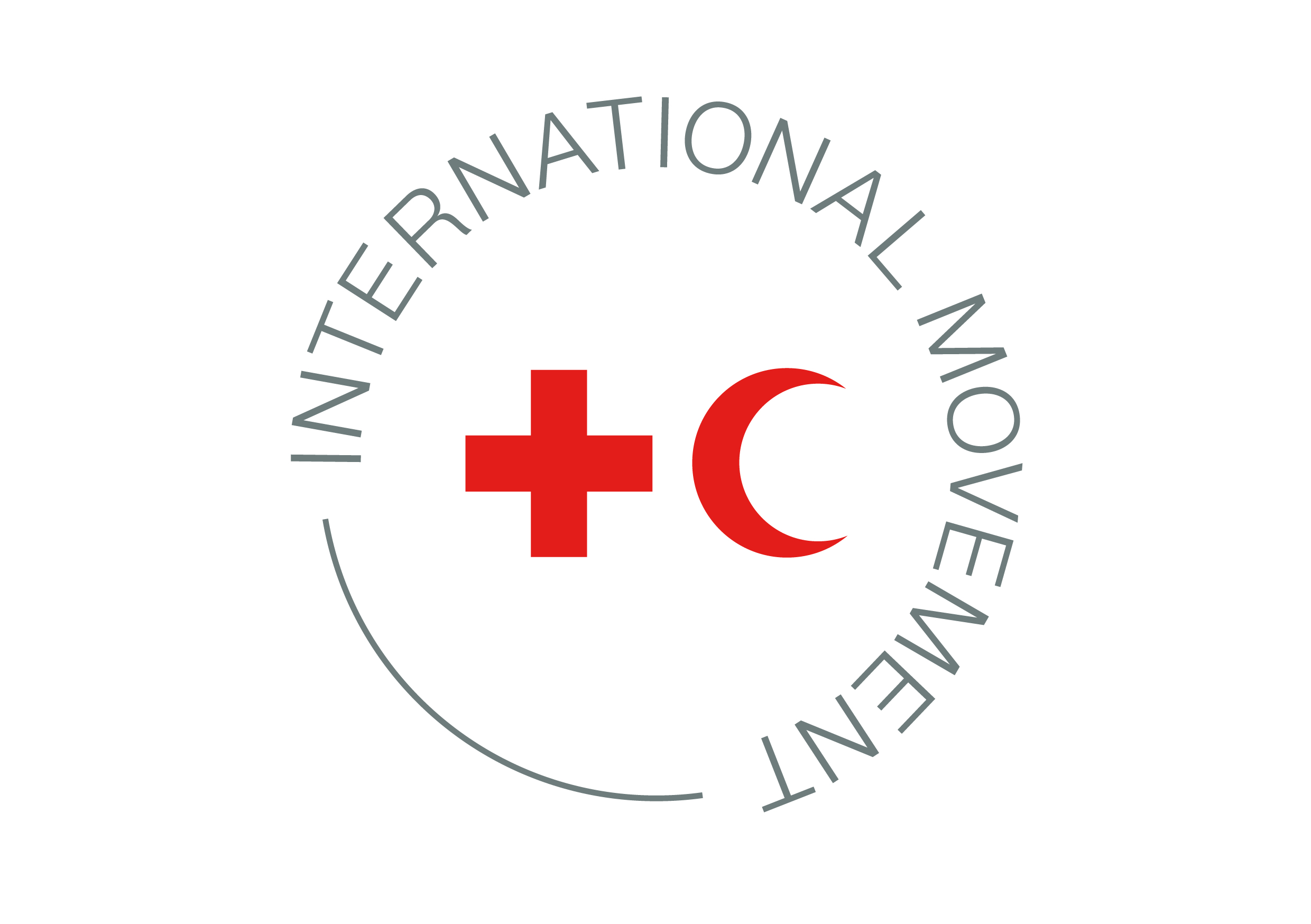A) Objectives of the pledge:
In order to help address the needs of separated families and the families of missing persons, following an armed conflict, natural disasters or other humanitarian crisis, the Nigerian Red Cross Society (NRCS) recognizes the need to strengthen the implementation of their obligations to restore family links.
Based on the provisions of international humanitarian and human rights law on family reunification, as well as specific elements of the 33rd International Conference Resolution “Restoring Family Links while respecting privacy, including as it relates to personal data protection” and the related Restoring Family Links Strategy 2020–2025; the NRCS commits to:
– strengthen its network and facilitate the coordination of activities related to restoring family links;
– commit to enforce code of conduct on Data Protection within RFL while using the data, in order to help the families without affecting their security;
– strengthen their dialogue with authorities and possible collaboration with organizations for support on RFL and establish referral mechanisms that improves the effectiveness and efficiency of the humanitarian assistance delivered, allows for rapid action, reliable and well-planned support
B) Action plan:
Individual National Society actions
- The NRCS ensures that its management and all relevant departments are fully aware of the Restoring Family Links Strategy 2020–2025;
- The Restoring Family Links (RFL) department of the NRCS adapts the implementation measures in the Restoring Family Links Strategy 2020–2025 to its specific national context and develops annual action plans aligned with the strategy;
- The NRCS establishes or reviews its strategic plan and/or development plans for the years until 2025 to ensure that restoring family links is meaningfully reflected as a service of the National Society, and that it is integrated in a multidisciplinary response to meet the needs of people affected;
- The NRCS ensures that all its RFL personnel are familiar with the RFL Code of Conduct on Data Protection, shall sign on the code of conduct ahead and will be held liable if any breach.
Dialogue with authorities and possible collaboration with other organizations
- Communicate with other organizations/authorities so they are aware of the RFL services of the NRCS and understands best its humanitarian role and impact
- The NRCS will explore the feasibility of collaboration and/or cooperation with telecom companies to garner their support for the provision of RFL, as well as, establish referral mechanisms with other organizations to ensure their support is acquired for the provision of RFL to meet the needs of people
- The NRCS lobbies with the Nigerian authorities to grant access to places where people may be in need of RFL services in order to assess their needs. The findings are discussed in official meetings with relevant departments and action plans are established for follow-up.
- The NRCS works together with the Nigerian authorities to ensure a clearly defined role for the NRCS, as auxiliary to public authorities in the humanitarian field, by integrating the NRCS in the country’s disaster preparedness plans and/or disaster risk management laws and policies, for the provision of Restoring Family Links (RFL) services in emergencies.
C) Indicators for measuring progress:
- At least once every 2 years, the NRCS RFL unit provides dissemination session on RFL services and RFL Strategy 2020–2025 to NRCS HQ management and Department Directors/Unit Heads;
- Every year, the NRCS RFL unit develops annual action plans aligned with the RFL strategy 2020–2025 strategy;
- The NRCS’s strategic plan and/or development plans until 2025 reflects RFL and it integrates it with other services, where applicable;
- Together with the ICRC Nigeria, the NRCS disseminates the RFL Code of Conduct on Data Protection and includes it as a session in all the RFL trainings;
- NRCS ensures that all RFL volunteers and staff sign on the code of conduct;
- The NRCS RFL unit/ management disseminates about the NRCS’s RFL services in relevant meetings with relevant organizations/authorities and/or undertakes a separate meeting, at least once a year, to disseminate NRCS’s RFL services;
- Referral mechanisms are put in place with relevant organizations/authorities;
- Telecom companies are met to garner their support for the provision of RFL services;
- The NRCS management holds meetings with the Nigerian authorities to grant access to places where people may be in need of RFL services in order to assess their needs and to ensure a clearly defined role for the NRCS, in the country’s disaster preparedness plans and/or disaster risk management laws and policies:
- The NRCS is reflected in the country’s disaster preparedness plans and/or disaster risk management laws and policies, for the provision of Restoring Family Links (RFL) services in emergencies.
D) Resource implications:
- Coordination and support from ICRC Nigeria


